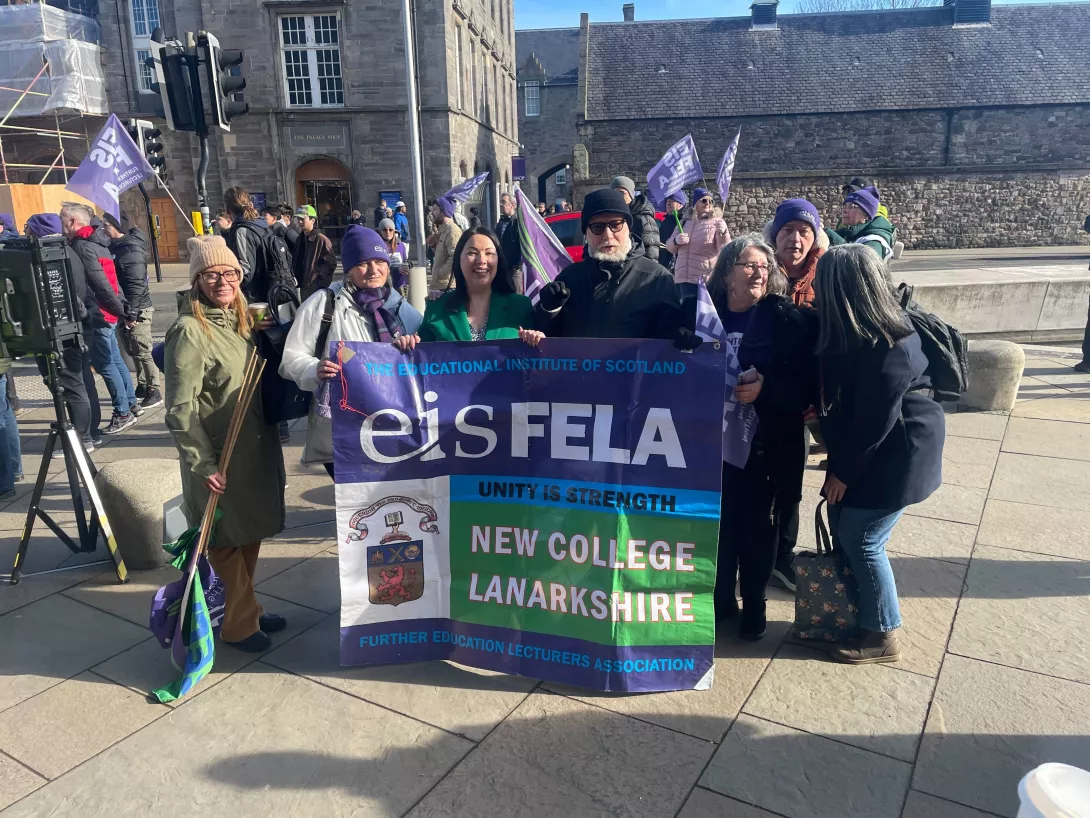The proxy war in Ukraine is heading to a denouement with the US and Russia dividing the spoils while the European powers stand bewildered by events they have been wilfully blind to, says KEVIN OVENDEN
Pay attention: Scotland’s teachers at the fore of the fight for fair pay
After a wave of activity in the build-up to the ballot, our members have delivered a stunning mandate for industrial action on pay that deserves universal support, writes Educational Institute of Scotland general secretary ANDREA BRADLEY

THE fightback of workers against the cost of greed, has been front and centre of the EIS’s attention during the period preceding the commencement of the rescheduled TUC Congress.
As the largest teachers’ union in Scotland, the Educational Institute of Scotland (EIS) is at the forefront of the protest and resistance from the teaching profession.
September saw unequivocal evidence of the strength of our members’ resolve in a two-question consultative ballot on rejection of a paltry 5 per cent pay offer after half a year of waiting, and on their willingness to take strike action.
More from this author

Physical and mental wellbeing are key to the functioning of our education system, says ANDREA BRADLEY

Abuse of teachers in schools must not be brushed under the carpet, it must be addressed, urges ANDREA BRADLEY
Similar stories

Physical and mental wellbeing are key to the functioning of our education system, says ANDREA BRADLEY












